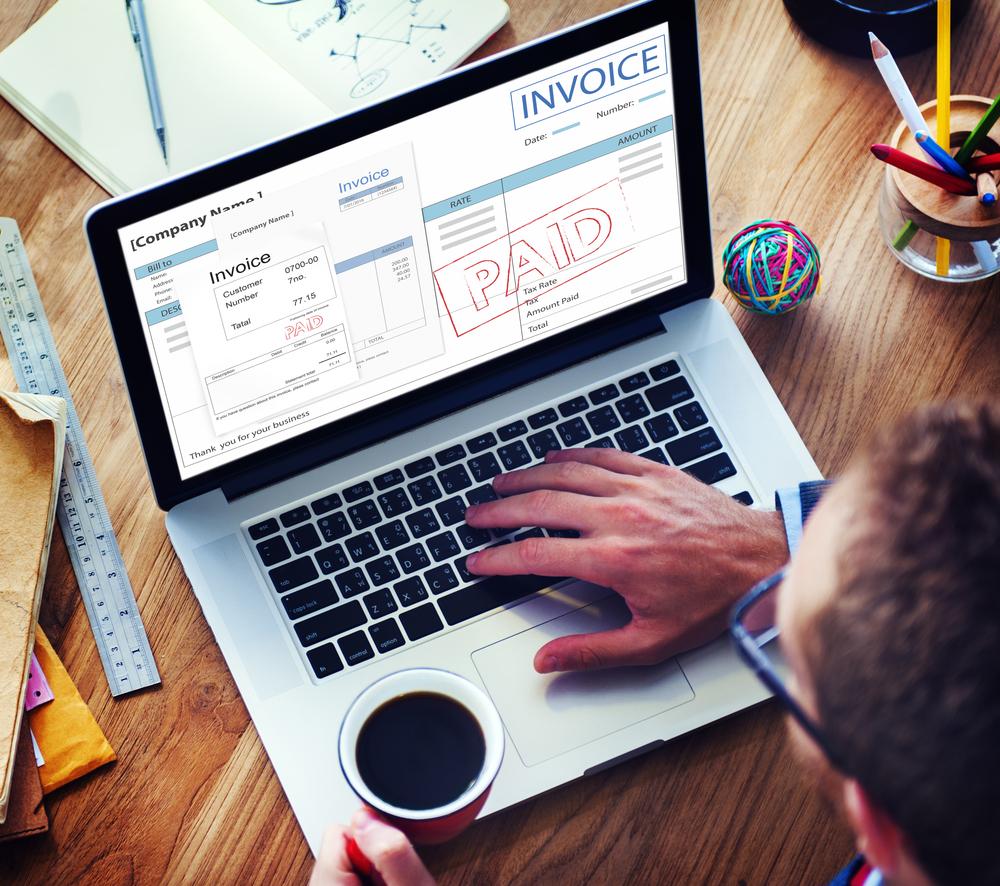Comprehensive Overview of Modern Accounting Software: Features, Types, and Top Solutions
This detailed guide explores modern accounting software types and top solutions to optimize financial management for businesses of all sizes. It covers cloud, on-premise, and enterprise options, highlighting features to help you choose the best fit for your needs.

An In-Depth Guide to Modern Accounting Software and Its Impact on Business Financial Management
Effective financial management is the backbone of any successful business, whether it's a startup just beginning its journey or a large corporation with extensive resources. In today’s digital age, leveraging modern accounting software has become essential to streamline financial processes, improve accuracy, and facilitate informed decision-making. This comprehensive guide explores the significance of modern accounting tools, different types available, and the leading solutions that can transform how businesses handle their financial data.
Understanding the fundamentals of accounting software and its capabilities enables business owners and financial managers to optimize operations and ensure compliance with regulatory standards. With advancements in technology, accounting software now offers automation features, real-time reporting, and cloud integration, making financial oversight more efficient than ever before.
At its core, accounting software simplifies the task of tracking income, expenses, assets, and liabilities. It helps maintain detailed ledgers, generate financial statements such as balance sheets and profit & loss statements, and support strategic planning. The right software can provide valuable insights into cash flow, revenue streams, and cost management, empowering businesses to adapt and grow in competitive markets.
Choosing the Right Type of Accounting Software for Your Business
Selecting an appropriate accounting system depends largely on the size of your organization, data complexity, and operational requirements. Let’s explore the primary categories of accounting software, their features, and suitable use cases:
Database Management Accounting Software
Designed for large corporations handling extensive and complex financial data, database management accounting software is the most robust option available. These solutions, often integrated with enterprise resource planning (ERP) systems, can process vast transactions and multiple data streams efficiently. An example of such software is Oracle's accounting solutions, which support multi-layered financial operations, compliance management, and extensive reporting functionalities. Operating these systems requires specialized IT support and technical expertise, making them ideal for multinational corporations with substantial financial management needs.
Standalone Installation Accounting Software
This category caters to small and medium-sized businesses seeking a straightforward, software-only solution. These applications are installed directly onto local computers or servers, providing full control over data without relying heavily on internet connectivity. They are often purchased outright and suited for organizations with limited web infrastructure or those preferring on-premise solutions. Features include basic bookkeeping, invoicing, payroll, and financial record management, making them suitable for businesses that require simplicity and reliability.
Cloud-Based Accounting Platforms
Cloud-based accounting solutions have gained popularity due to their accessibility, scalability, and ease of use. Platforms like Sage 50cloud, Xero, and FreshBooks allow users to access financial data from any device with internet access, facilitating remote work and real-time collaboration. These systems typically operate on subscription models and offer features such as automatic updates, multi-user access, and integrated banking feeds. Ideal for startups, small enterprises, and teams that prioritize flexibility, cloud accounting software enhances efficiency and allows for quick adaptation to changing business landscapes.
Top Widely-Used Accounting Software Solutions in the Market
Sage Intacct
Sage Intacct specializes in cloud-based financial management tailored for small to midsize organizations. Renowned for its robust automation capabilities, it streamlines routine accounting tasks such as invoicing, payroll, and expense management. The platform provides real-time insights into cash flow and financial performance, empowering managers to make informed decisions quickly. Its user-friendly interface and comprehensive features make it a favorite among financial professionals seeking a scalable, reliable solution that integrates seamlessly with other business systems.
Multiview
Multiview offers a highly customizable financial management environment with 14 modular components covering accounts receivable, payable, general ledger, budgeting, and more. Its intuitive dashboards and analytics tools enable organizations to efficiently analyze their financial health, generate detailed reports, and manage workflows effectively. Ideal for large businesses and organizations with complex financial structures, Multiview provides flexibility and thoroughness essential for strategic planning and compliance.
AccuFund
Specifically targeting government agencies, non-profits, and educational institutions, AccuFund provides an affordable, web-based financial management solution. It simplifies tracking of funding sources, expenditure reporting, and audit preparation. Its streamlined interface and comprehensive reporting tools help organizations adhere to regulatory standards and maintain transparency. With its focus on non-profit requirements, AccuFund is an excellent choice for organizations seeking an easy-to-use, cost-effective financial management system.
Adaptive Insights
Adaptive Insights is a versatile, cloud-hosted platform compatible across multiple operating systems. Its dashboard and reporting features resemble familiar spreadsheet layouts, easing the learning curve. The platform supports budgeting, forecasting, financial modeling, and scenario analysis, making it suitable for various industries and organization sizes. Its collaborative features enable teams to work together seamlessly, ensuring accurate financial planning and strategic analysis. This software is particularly valuable for organizations that require advanced modelling tools alongside user-friendly interfaces.
Choosing the most appropriate accounting software hinges on understanding your specific business needs, budget, and growth plans. Careful evaluation and hands-on trials can help identify the platform that best aligns with your operational goals. Implementing a well-suited system not only enhances financial accuracy but also improves overall business decision-making, leading to sustained success and organizational growth.





